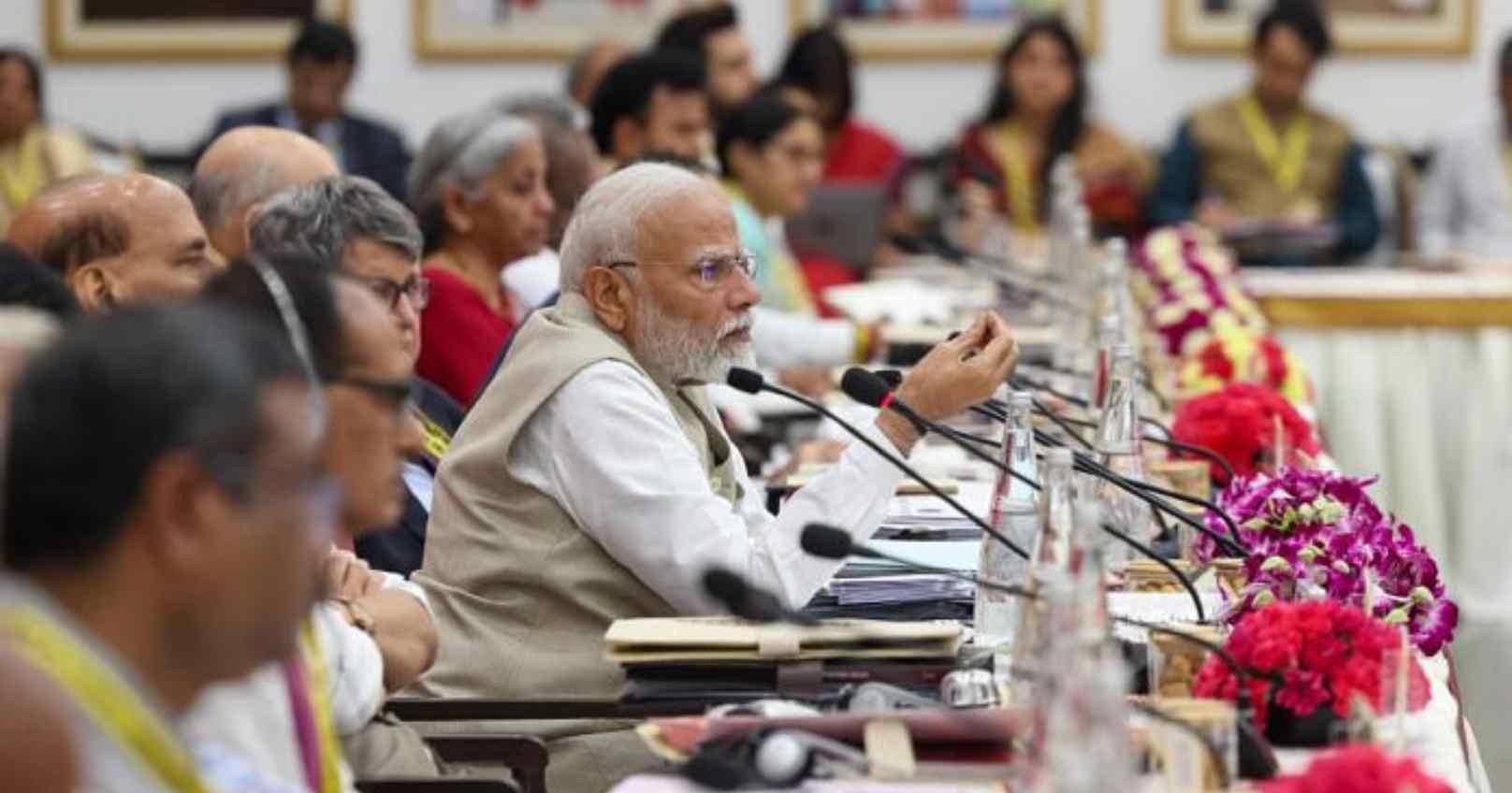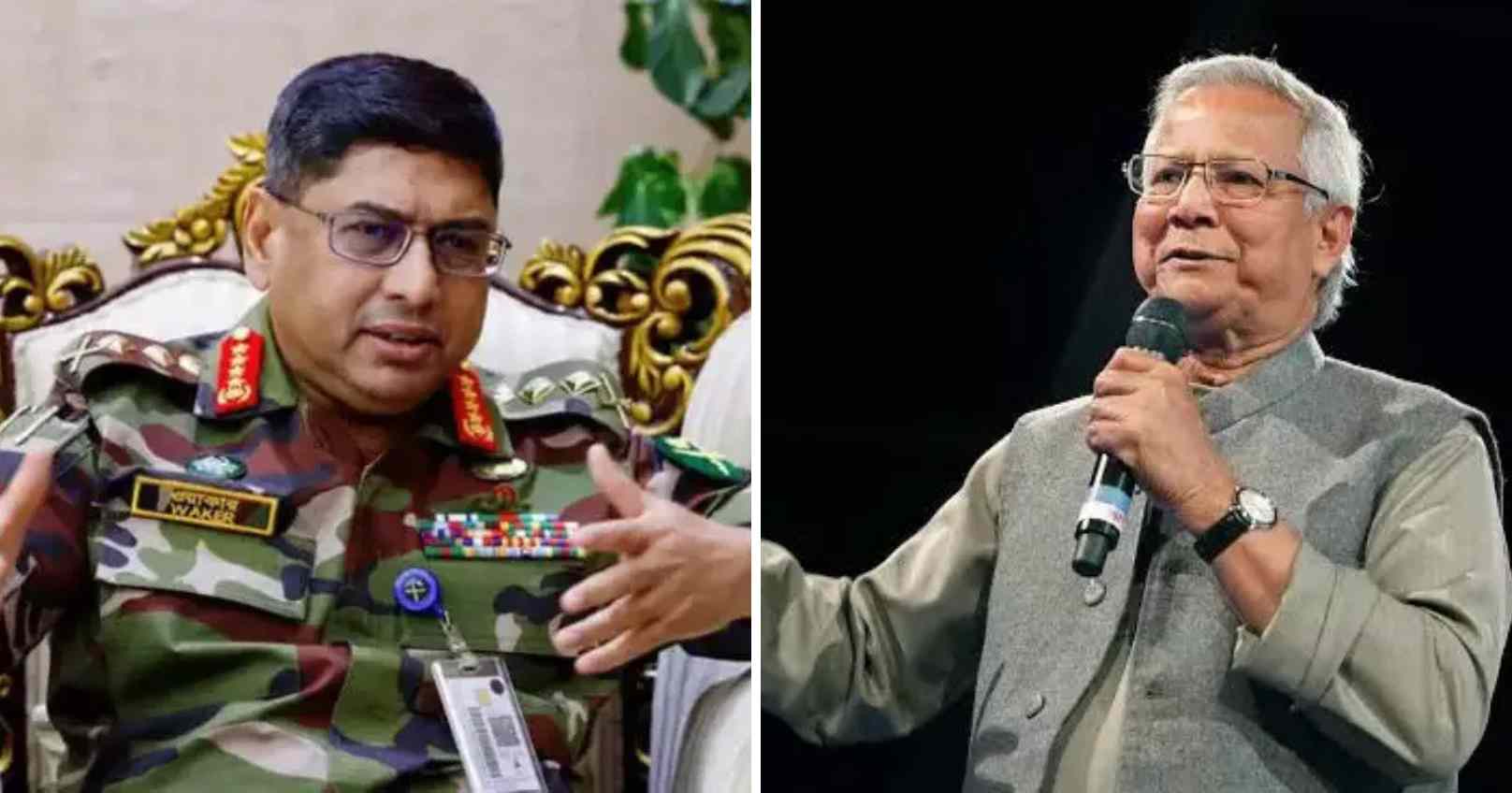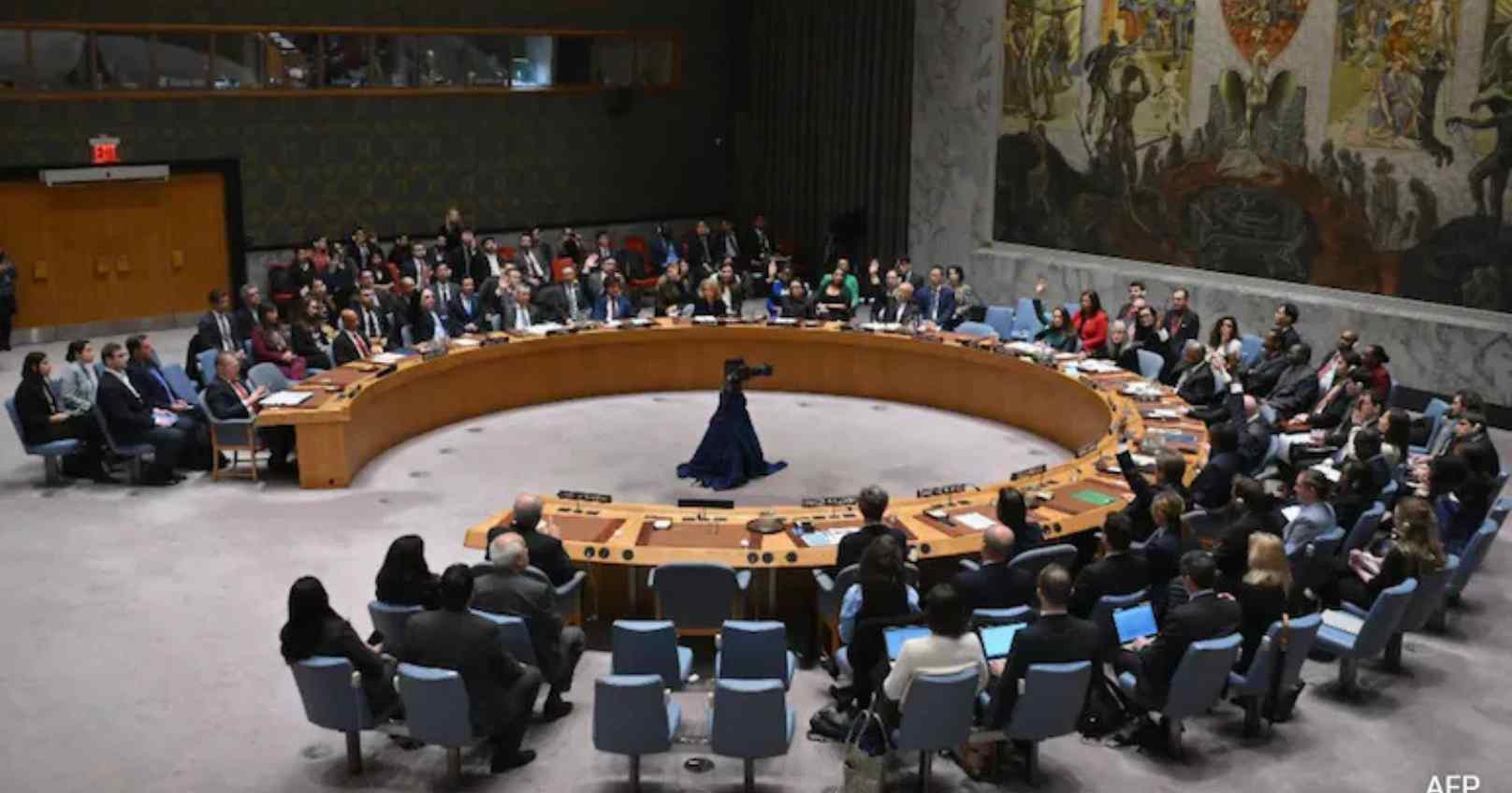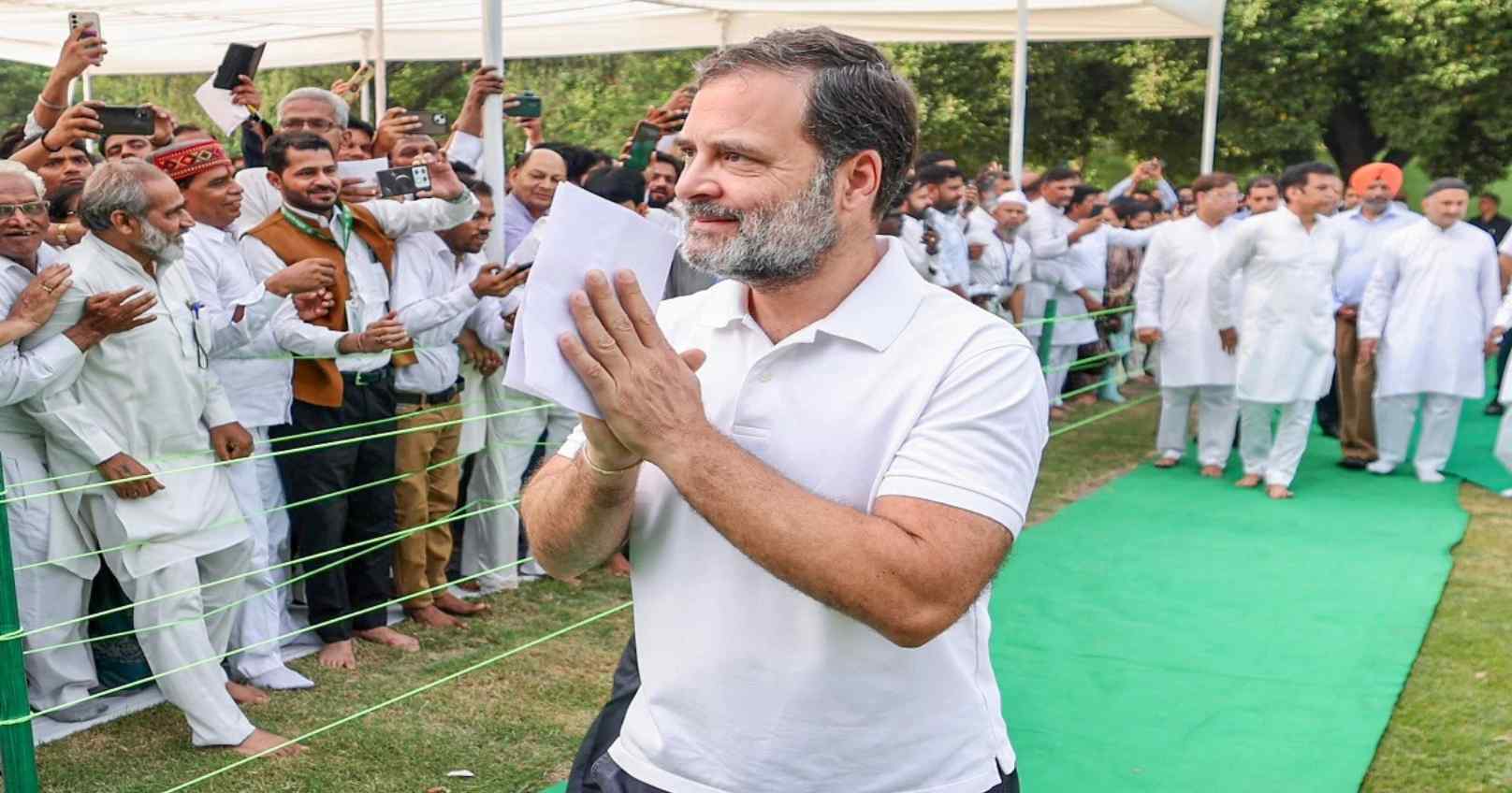At the latest Niti Aayog Governing Council meeting held on Saturday, Prime Minister Narendra Modi urged all states to work in unison to help realise the vision of a developed India. However, the session also became a platform for opposition-led states to voice their concerns, particularly over what they perceived as unequal resource distribution by the Centre.
Tamil Nadu Chief Minister MK Stalin reiterated his demand for greater financial support from the Union government, stressing the need for equitable treatment in a federal setup. Addressing the council, he pointed out that the central government’s share of tax revenue distributed to states was far below recommended levels. He claimed Tamil Nadu had received only 33.16% of gross tax revenue over the past four years, whereas the 15th Finance Commission had advised a 41% allocation to states.
Mr Stalin argued that while the Centre has been pushing for higher state contributions in centrally sponsored schemes, it was simultaneously cutting back on fund transfers — a situation he described as unsustainable for states like Tamil Nadu. Calling the practice discriminatory, he proposed increasing the states' share of divisible tax revenue to 50%. He also highlighted Tamil Nadu’s legal battle against the Centre for allegedly withholding over ₹2,000 crore, reportedly over differences related to the National Education Policy.
At the same meeting, Punjab Chief Minister Bhagwant Mann took a firm stance on the long-standing water-sharing dispute with Haryana. Arguing that Punjab was grappling with water scarcity, Mr Mann asserted that the state could not afford to divert any more of its water. He pushed instead for a new Yamuna-Sutlej-Link (YSL) canal as an alternative to the existing Satluj-Yamuna-Link (SYL) canal project, which remains a point of contention.
Mr Mann also referred to a 1972 report from the Central Irrigation Commission, which identified post-reorganisation Punjab as part of the Yamuna River Basin. He maintained that if Haryana can claim a share of the Ravi and Beas rivers, then Punjab should rightfully be entitled to a portion of Yamuna waters. He further noted that a 1954 agreement between undivided Punjab and Uttar Pradesh granted Punjab two-thirds of the Yamuna’s water — a right he believes should be honoured in today’s context.
While the Prime Minister’s call focused on cooperative federalism and a unified push towards economic growth, the underlying message from many opposition chief ministers was clear — equitable treatment in resource distribution remains a pressing and unresolved concern.
The meeting was marked by the absence of some prominent leaders, including West Bengal’s Mamata Banerjee, Karnataka’s Siddaramaiah, Kerala’s Pinarayi Vijayan, Bihar’s Nitish Kumar, and Puducherry’s N Rangaswamy.







